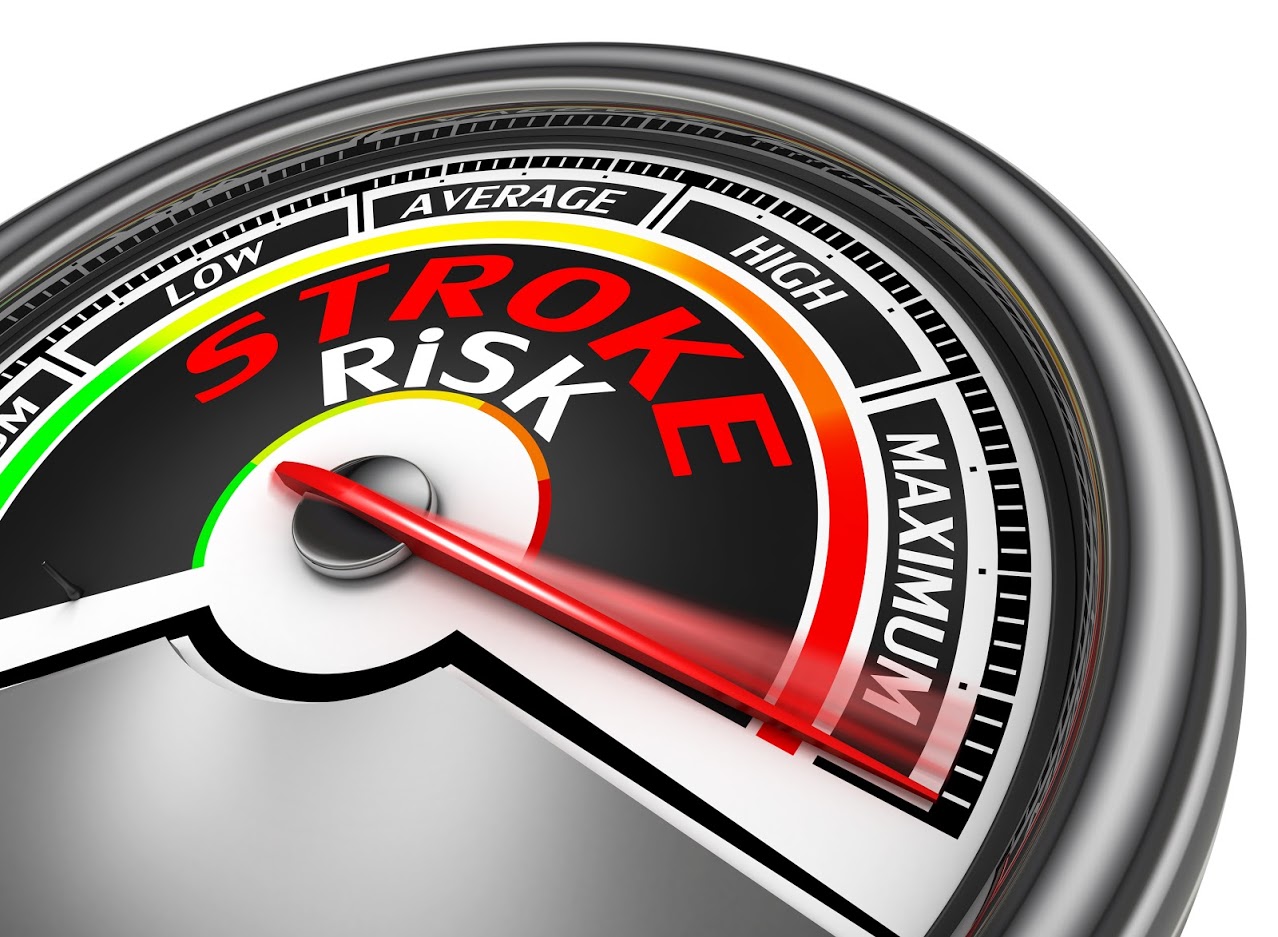Steps to Take When You Think You Are Having a Stroke
A stroke is a medical emergency so it is important to be aware of the signs and to call an ambulance immediately if you think that you (or someone else) might be having a stroke. The faster that you get treatment for a stroke, the better the chances of limiting the effects and saving your life.

Signs of a Stroke
A stroke occurs when one of the blood vessels that supplies the brain becomes blocked, preventing oxygen from reaching it. Without a good supply of oxygenated blood, the brain cells can be damaged or even killed. The effects can depend on how long the blockage persists and which parts of the brain have been affected.
Common symptoms of a stroke include:
- drooping or weakness on one side of the face
- not being able to smile normally
- arm weakness – if you lift both arms up then one of them may slowly droop down even while you’re trying to hold it up
- speech problems such as slurring or difficulty understanding words
- changes in the vision of one eye
- a very severe headache
- feeling confused
- not being able to walk or balance properly due to dizziness or lack of coordination
The symptoms of a stroke often appear suddenly, but in some cases, they can develop more slowly over the course of several hours. Sometimes the symptoms can disappear quickly as the blood flow to the brain is restored. This is known as a ministroke and it can indicate that you are at high risk of having a more serious stroke soon, so it is important to seek medical help even if you start feeling better.
What to Do If You Suspect a Stroke
If you think that you or someone else might be having a stroke or ministroke then you should call an ambulance right away. You need medical care as soon as possible to confirm what is happening and to ensure you get the right treatment. If you’re alone and having trouble speaking then you should try to make some noise, tap on the phone, or press “55” when you are prompted to, in order to ensure the operator knows you need help.
The operator will advise you on what to do while you’re waiting for the ambulance to arrive. It is important to stay calm and avoid any strenuous activities. If someone is there with you then they can help you to loosen any clothing around your neck that could make it harder for you to breathe and assist you to lie down on your side with a cushion or other support to keep your head slightly raised and a blanket to keep you warm. They can also ensure that the door is unlocked and guide the ambulance crew to you when they arrive. You shouldn’t try to drink water or take any medicine (even aspirin). The best thing you can do is to wait and rest as much as possible.







